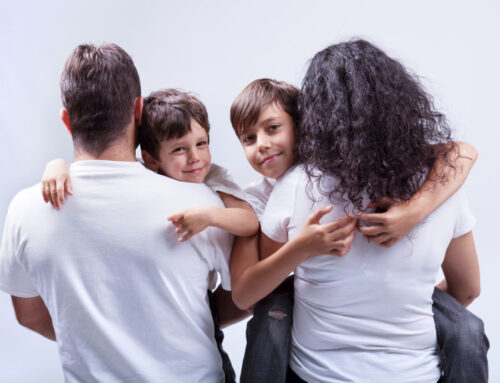The latest London news immerses us in concern. How do we manage our own fears and our children’s concerns, anxiety and fears?
Not only are we privy to everything occurring within the world, so too are our children. Young children know their way around the internet and come across many news stories. They can watch, read and hear all about world-wide events almost instantaneously. The problem we are finding is many children do not have the capability to understand theses stories in context.
It is difficult enough for us to understand why these atrocities continue to occur, let alone trying to explain them to our kids. The ripple effect that these events can have on our kids is concerning.
The reason these terrorists do these actions is to create fear. Well, it works. At least initially. I find it interesting that after the initial horror and shock of these events we rally strength, resilience and defy the desire of these terrorists by proceeding on with life in defiance of these events.
As adults we can compartmentalise these incidents but how do we protect our children, especially our teens from viewing their world as hopeless and terrifying?
Our teens often struggle with the why and the what-if. How do parents protect their children, discuss the events that have occurred and soothe their child’s concerns and anxieties?
Our kids learn from their parents’ responses and comments. Parents must be aware of their conversations between each other as children will hear and pick up on their parent’s fear and emotions or strength and resilience.
It is important to remember that our children are becoming more aware of life events and tragedies. They watch news feeds from all over the world; they often witness events as they are happening and it can immerse them into the event. It is important to have the communication gateways remain open and never dismiss their thoughts or feelings as trivial.
When events do occur, it is important you discuss them openly with your teens as they would have either seen the event in news or discussed them at school.
How do we help our teens deal with these tragedies:
- Discuss the event as your teen will be aware of it
- Listen to their thoughts and feelings
- Agree with their opinion and provide a different perspective if they are overly negative
- Answer their questions briefly
- Find a positive, such as a brave or heroic action of someone helping
Discuss while there are some negative events, the world is filled with good and dedicated people working tirelessly to make the world a better and safer place. Share with them all the enjoyable and fun times you have as a family and they have with their friends. Change the focus on the here and now instead of the what-if’s.
If you ever feel your child is struggling with fear or anxiety due to these type of events, I urge parents to seek professional help for their child.
Read more from Dr Karen






